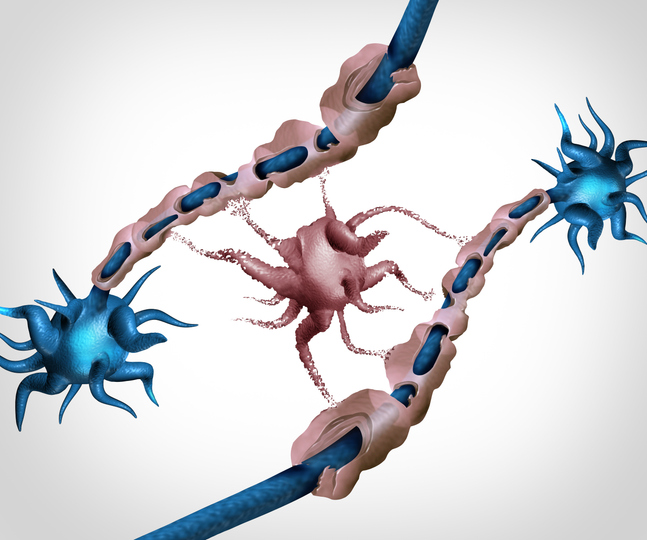
Prenatal cannabis use disorder (CUD) increases the risk of neurodevelopmental disorders in children, such as attention-deficit/hyperactivity disorder (ADHD), autism spectrum disorder (ASD), and intellectual disability (ID), according to a study presented at the European Psychiatric Association Congress 2024.
This large-scale study, conducted at Curtin University in Australia, assessed data from over 222,000 mother-offspring pairs in New South Wales, Australia. The investigators leveraged linked data from health registries, and both prenatal CUD and outcomes (neurodevelopmental disorders) were confirmed using the ICD-10-AM classification system.
According to the results, children born to mothers with prenatal CUD showed a 98% increased risk of ADHD, a 94% increased risk of ASD, and a 46% increased risk of ID compared with offspring without such exposure. Overall, children born to mothers with both prenatal CUD and a history of smoking during pregnancy exhibited an even higher risk of developing ADHD, ASD, and ID.
“The increased risk of neurodevelopmental disorders in children of mothers diagnosed with prenatal cannabis use that we have observed in this study underscores the critical needs for preventive measures, including preconception counselling, to mitigate the potential adverse outcomes,” Abay Woday Tadesse, lead researcher of the study at the Curtin School of Population Health, said via a press release.







 © 2025 Mashup Media, LLC, a Formedics Property. All Rights Reserved.
© 2025 Mashup Media, LLC, a Formedics Property. All Rights Reserved.